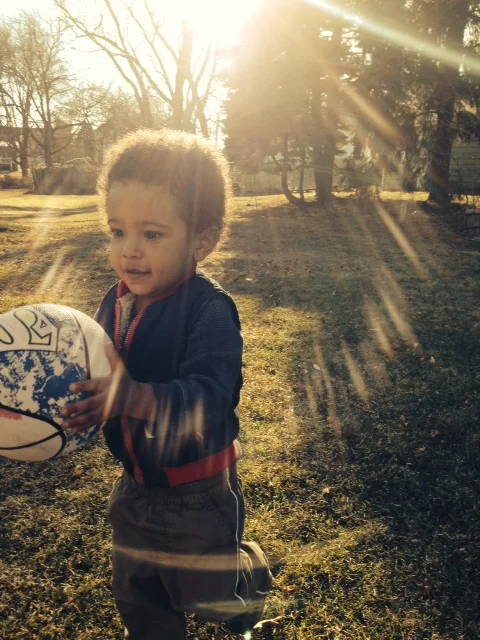The Agony in the Garden is a remarkable piece of the Passion of Christ. It is poised between his life and his death – between the Last Supper and the Way of the Cross. Here we have a story that sends a chill down our spines when we read it – first, because the suffering of Christ touches us. But we are also disturbed by the passage because it touches something very close to home for each one of us. The agony of Christ is a familiar struggle – between life and death, between his will and the will of the Father, between the past and the future.
Only Luke uses the word “agony” (sometimes translated “anguish”) in his account of the scene at Gethsemane: “In his anguish, he prayed more earnestly” (Lk. 22:44; NRSV). The Greek word here is agonia – its original meaning carried the connotation of the athlete’s struggle, conjuring images of a determined runner on his last legs, or the physical and mental pressures faced by a competitive wrestler. Reflecting this meaning, one Lukan scholar gives a literal translation of the passage as: “Entering the struggle, he continued to pray even more eagerly” (Luke Timothy Johnson, Sacra Pagina). Does this athlete struggle up a sweat? Yes, he does – “and his sweat became like great drops of blood, falling on the ground” (22:44).
The agonia of Christ in the Garden offers us a meditation on all kinds of human struggles. Jesus was not only experiencing the very human dread of suffering and death. He also faced the “sleepiness” of friends in the midst of his anxiety, the betrayal of one close to him, and the impending desertion of the rest. Thus he was not only facing death but utter loneliness. And certainly, in expectation of his death, he naturally looked back at his life – an exercise that in all of its humanity must have included questions and conflict (we know, for example, that Jesus felt conflicted about leaving his followers behind; see Jn. 17:12-15). Finally, Jesus was clearly being crushed in the all-too-familiar crucible of discernment between his own will in that moment and the eternal will of the Father.
The command of Christ – “Follow me!” – includes walking with him to Gethsemane. It is a place we go before every Golgotha of our lives. It is the place of inner turmoil and agonia. Here we struggle with him, and we watch him, to see what he does and imitate him. We see him throw himself to the ground and lie in the dirt of the Garden. Isolated by the sleepiness of his friends, he turns all the more earnestly to the Father. He prays fervently and honestly. And the Father, who never deserts his children, does not change the past nor does he remove the trajectory of suffering from his Son’s life. But he sends an angel to minister to him, and he gives to his Son a resolute spirit. Here in the Garden, Jesus is strengthened to do what he is called to do, to go where he is called to go, to drink from the cup the Father has given him. We see him arise from prayer ready to face the hour at hand. He awakens his friends with a renewed calm and a serene acceptance of his situation: “My betrayer is at hand.”
Our own betrayers are probably not human foes. We are more likely to simply feel betrayed by the natural circumstances of life – illness, loneliness, failed relationships, financial distress, the death of a loved one, anxiety over our children, the burden of old wounds that won’t heal. When we carry these burdens, we really have no choice but to follow the Master to the Garden and allow the agonia to play out. And if we follow him closely, we throw ourselves to the ground and pray honestly. We accept the quiet comfort the Father offers, rise with a resolute spirit, and drink deeply from the cups that do not pass.
* * * * *
For my full article on The Garden as a Place of Agony written for The Bible Today, click here.


